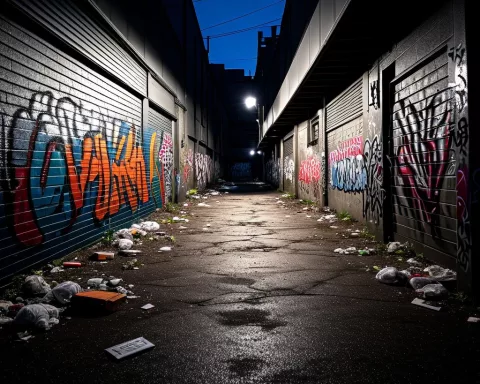Four members of the notorious Laughing Boys gang from Cape Town were recently sentenced to substantial prison time in the Pollsmoor Prison Court for multiple murders committed between 2017 and 2019. The quartet included Mykyle Davids, Tyron Davids, Mikyle Abdullah, and Shamieg Matheson, along with Moenzier January, who received an eight-year sentence for keeping weapons used in the murders.
The Sentencing
Acting Judge Radiyah Wathen-Falken characterized the group as “remorseless and placing no value on human life” in her statement. The 27-year-old Abdullah faced the harshest penalty, receiving five life terms. Tyron Davids and Matheson each got three life sentences, while Mykyle Davids was convicted on 15 charges, including five counts of murder. He received a life term for each murder, along with an additional 70 years for two counts of robbery with aggravating circumstances, as well as the illegal possession of firearms and ammunition.
The Laughing Boys Gang
The Laughing Boys gang’s crime spree stands in stark contrast to many Hanover Park residents’ resilience against their challenging circumstances. This strife-ridden area of Cape Town has become a breeding ground for gang activity. Judge Wathen-Falken noted this during the five-day court proceedings. The proceedings could have worked in the accused’s favor if they had demonstrated any remorse for their actions. Unfortunately, the accused’s prior convictions only served to strengthen the court’s resolve in handing down harsh sentences.
Justice System
Judge Wathen-Falken found no exceptional or substantial circumstances to justify deviating from the prescribed minimum sentences. The case of the Laughing Boys gang serves as a harrowing reminder of the destructive impact that criminal activity can have on communities. However, it highlights the strength of the justice system in holding individuals accountable for their actions and providing closure for the victims’ families.
Victory Against Gang Violence
The prison sentences handed down by the Pollsmoor Prison Court in this case represent a significant victory in the ongoing battle against gang violence in Cape Town. As the city continues to grapple with the issue of crime, one can only hope that the resolve displayed by Judge Wathen-Falken and her peers will serve as a deterrent to those contemplating a life of crime and provide a measure of peace for the communities affected by such senseless violence.












